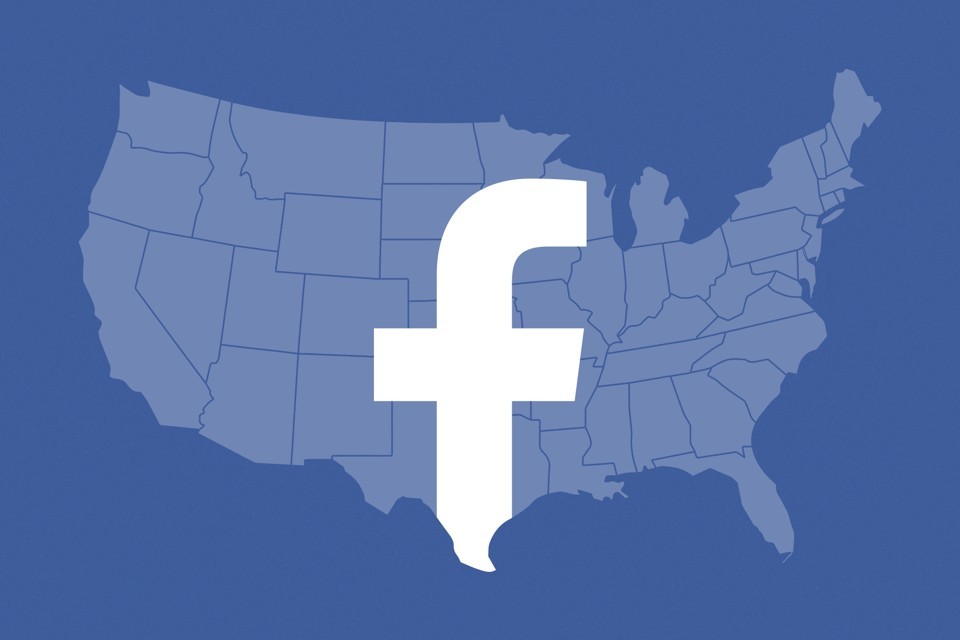Facebook and Elections
Facebook’s growing impact on elections
‘Algorithmic curation’, fake news and automation are the latest entrants in the virtual political arena. These ‘social media optimization techniques’have changed the face of politics and elections in particular.Popularly used by Facebook, algorithmic curation is used by political parties to ensure that their message rides home onto many Facebook timelines as possible.It combs through all one’s postings and that of one’s family and friends and selects the stories it thinks are relevant and more importantlymost comforting to that person. Algorithmic curation is also based on another vital parameter-iepromotion fees -whether anyone has paid Facebook to promote the post. Thus your newsfeed in Facebook is not much news at all.We now exist in these curated environments, in our own bubble of space, our choices narrowed down by agencies…. Like George Orwell’s psychological thriller ‘1984’
Far more serious damage in the political arena however is done by fake news and automation.Supporters of Trump were a happy lot when an article shared million times on Facebook stated that Pope Francis had endorsed Mr. Trump’s candidature. Another article doing the rounds was about the death of FBI agent who was investigating Hillary Clinton. Thesewere completely fake news. Automation too plays similar havoc. A post with 25,000 re-tweets or shares comes into your timeline but you don’t know how many of them are human. In fact what blurs the line between fake and real is that the fake Facebook groups that attract real fans which feel inclined to declare their support for the candidate going by the artificially created support for him.As one netizen puts it “There’s all these Trump fans in your neighbourhood, that you didn’t really know … Also the group now so full of real people ,make the fake problem insignificant that the problem of ethics goes away with it too …..
Facebook has received a lot of flak and ire from its users, but it is shrugging off the dirt and moving on; taking its new found political role rather seriously and why not!Facebook and Google have been amongst the largest recipients of political digital ad spend in the 2016 US elections. In fact it is going all out to woo the governments and political parties to become the default platform for both -information dissemination and citizen engagement. The government, on its part, is beginning to realize the importance of Facebook because its young voters are there and not on Twitter. The “MyVote” app, created in partnership with Microsoft and Washington State, gives Facebook users the opportunity to register and review useful voter information. Yet another feature allows Facebook users can go directly to a politician’s fan page for up-to-date information and one-on-one interaction by private messages or posting on their walls. Contact with politicians makes them accountable for their words and actions.
Politicians in turnreceive instant feedback enabling campaign strategists to analyze information to their advantage and rally new supporters, consolidate existing ones and also take corrective action if necessary.
Facebook’s 1 billion-plus users have influenced political processes not only in the United States but also abroad. The Arab Spring uprisings, the Brexit vote, the French electionsand now Germany elections due in September 2017.In India too, the buzz for the forthcoming general elections in 2019 has already started. 50% of its 520 million internet users are on Facebook and that is why the Election Commission has collaborated with Facebook to launch a ‘voter registration reminder’in 13 Indian languages
Be warned! The ‘Facebook effect’ does not exist in vacuum. It’s no longer a conduit for information.It is a part of the public discourse. Its influence is for ‘real’. Yes the Internet can elect your next President!

